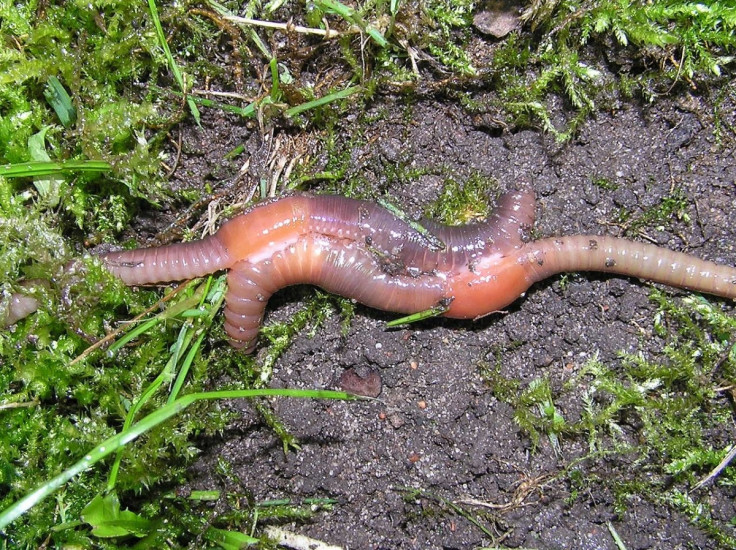First earthlings on Mars? Earthworms might pave way for human colonisation of the Red Planet
Earthworms, often referred to as farmer's friends, are vital to a garden ecosystem if humans ever plan to grow food on Mars.

Dutch researchers have revealed in a new study that Mars-like soil can sustain earthworms. Earthworms introduced to Mars soil simulants were able to grow and reproduce, opening up the possibility of recreating an Earth-like ecosystem, should humans need to grow food on Mars.
A team of scientists from the Wageningen University & Research in the Netherlands introduced earthworms to a Mars-like ecosystem that they developed in a lab. This was done in an effort to find out how plants might be farmed on the Red Planet.
Fresh food is something that human settlers hoping to inhabit any planet would require in the long-term, and having just soil, water and nutrients in the form of human excrement might not be enough to establish a sustainable agricultural system, notes a report by ZME Science.
This is why earthworms are crucial in the equation as soil needs nutrients to sustain agricultural cycles.
Earthworms are known to break down and recycle dead organic matter, notes the report. These worms also plough the soil, breaking down their structure, and through a specific chemical in their system called drilodefensins, put nutrients back into the soil by digesting almost every type of plant material. Their ploughing activity paves the way for better distribution of nutrients as well without which the soil would stay in clumps, and remain lifeless and infertile.
The researchers reportedly had a batch of rocket – or rucola – already growing in the simulant soil, originally created by Nasa, to which they added pig slurry for nutrients.
To this mix, they introduced adult earthworms and a bit more manure. They found that the worms started to breed and, for the first time, their offspring were identified in the Mars simulant soil. "Clearly, the manure stimulated growth, especially in the Mars soil simulant, and we saw that the worms were active. However, the best surprise came at the end of the experiment when we found two young worms in the Mars soil simulant", said Wieger Wamelink of Wageningen University & Research.
While the manure that was added did improve the soil, the researchers were reportedly surprised as to how much better the soil became for plant growth. "We were surprised that it makes Mars soil simulant outperform Earth silver sand," added Wamelink.
"We added organic matter from earlier experiments to both sands. We added the manure to a sample of the pots and then, after germination of the rucola, we added the worms. We therefore ended up with pots with all possible combinations with the exception of organic matter which was added to all of the pots," he explained.
In Mars-like soil, the report notes that plants like green beans, peas, radish, tomato, potato, rocket, carrot and garden cress have all been successfully grown. Spinach, however, seems to be more difficult to cultivate.
With earthworms now added to the equation, the possibility of a vegetable garden on Mars might not be such a far-fetched concept after all.





















